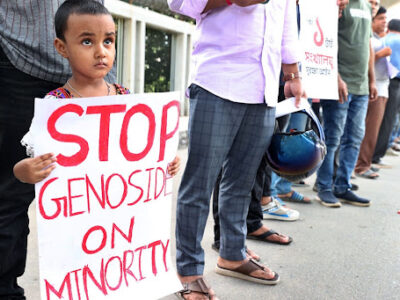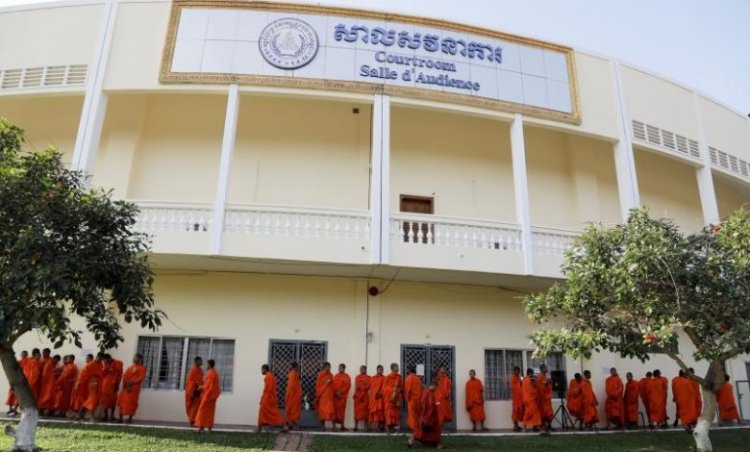In September 2020, six Portuguese children and young adults submitted an unprecedented legal action to the European Court of Human Rights (ECtHR), the main institution in Europe safeguarding human rights. They complained against 33 Council of Europe Member States, accusing them of failing to take effective measures against climate change. According to the plaintiffs, this lack of effective action violates their right to life; their right to respect for their private and family lives; and their right not to be discriminated against under the European Convention on Human Rights (ECHR). In their complaint, the Portuguese youth argued that the countries are not respecting the 1.5 C° target decided upon in the Paris Agreement. The latest reports confirm that the world is nowhere near being on track to achieving the goal.








Comments